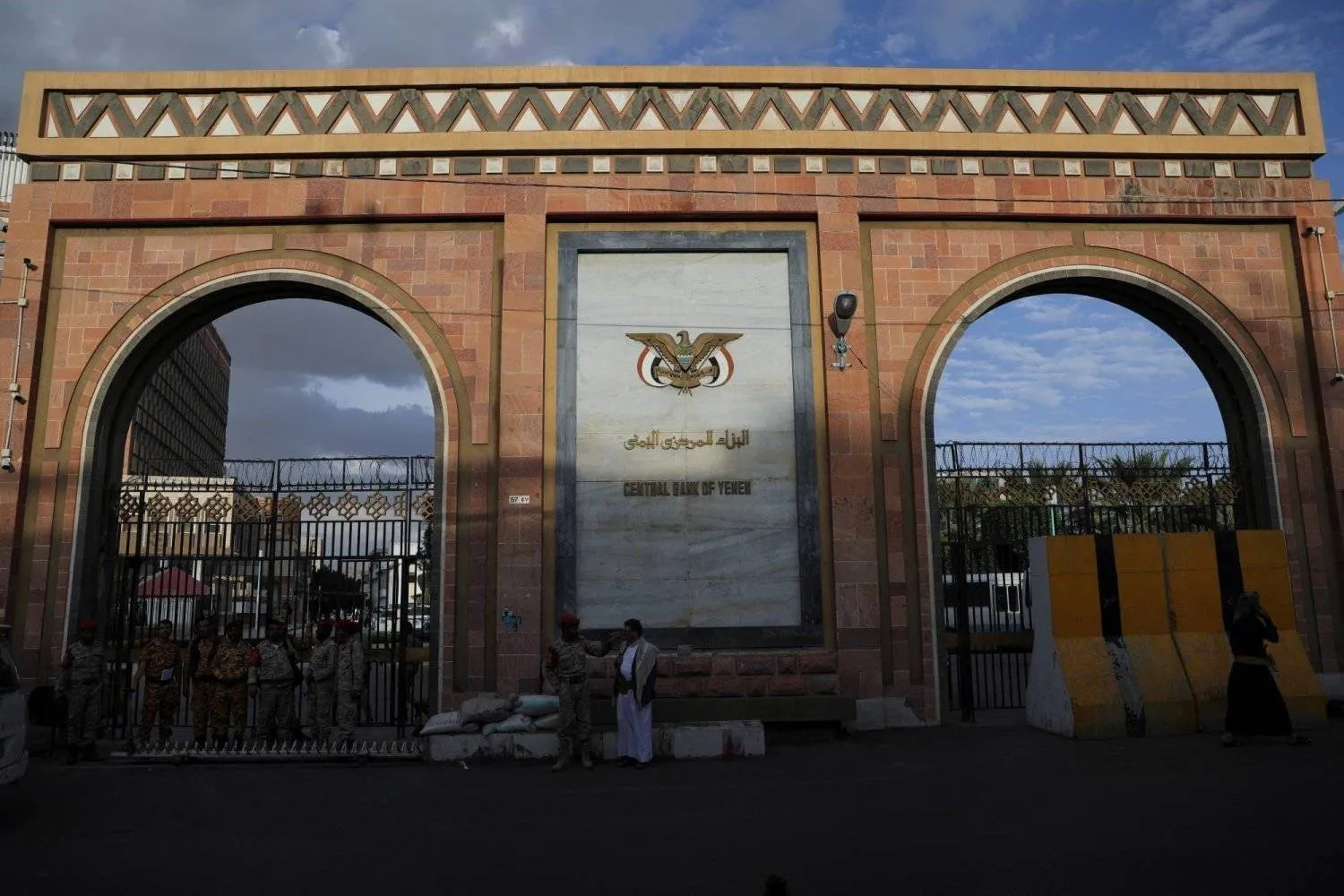The de-escalation agreement between the legitimate Yemeni government and Iran-backed Houthi militias went into effect with the central bank in the interim capital Aden restoring SWIFT services to six banks in Houthi-held Sanaa.
Flights were also resumed between Sanaa and Amman. Three will be operated per day.
United Nations Special Envoy for Yemen Hans Grundberg announced the agreement on Tuesday, hoping the deal would pave the way for comprehensive talks on the economy and humanitarian situation.
Yemenia Airways said flights from Sanaa to Amman began operation on Thursday. Before the escalation, it was only operating one flight to the Jordanian capital.
Once logistic preparations are complete, flights will be operated to Egypt and India.
Yemenia spokesman Hatem al-Shaabi confirmed the launch of the Amman flights in line with the de-escalation agreement.
He stressed that the airline is keen on providing its services to all Yemenis.
It is awaiting the operating permits to launch flights from Sanaa to each of Cairo and Mumbai, he went on to say.
Tickets are available at all agencies and to all people throughout Yemen, he stated.
The United Arab Emirates welcomed on Thursday the de-escalation agreement, saying it was a positive step towards reaching a political solution in Yemen that meets the aspirations of its people.
The UAE Foreign Ministry hailed the UN and Grundberg on their efforts to reach a lasting comprehensive solution to the crisis in Yemen that would in turn bolster regional peace and stability.
In the de-escalation agreement, the parties agreed to “cancel all the recent decisions and procedures against banks by both sides and refrain in the future from any similar decisions or procedures,” said a UN statement on Tuesday.
They agreed on “resuming Yemenia Airways’ flights between Sanaa and Jordan and increasing the number of flights to three daily flights, and operating flights to Cairo and India daily or as needed.”
Meetings will be convened to address the administrative, technical, and financial challenges faced by the company, added the statement.
The parties also agreed on “initiating the convening of meetings to discuss all economic and humanitarian issues based on the roadmap.”
The parties requested the support of the UN in implementing their commitments.









